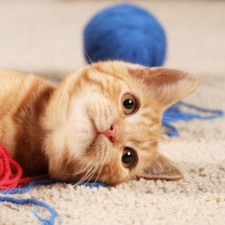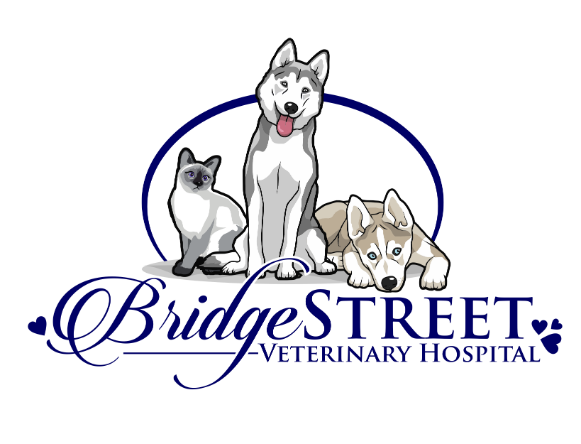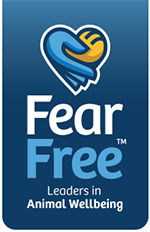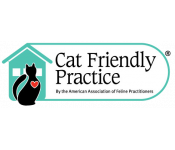
The Easter holiday quickly approaches—prepare ahead of time to make sure your furry friends stay safe and sound as you celebrate. Follow these tips from your Waterloo veterinarian to keep your pet safe from these hazards:
Easter Eggs
Cooked Easter eggs might look like a tasty snack for a curious dog, and the food could cause digestive upset. Pieces of egg shell could even cut up your pet’s mouth and windpipe. Even fake eggs made of plastic can present a choking hazard if your pet gets ahold of one—to be safe, keep your pet far away from all Easter eggs this year.
Chocolate
Chocolate, as most pet owners know, is very toxic to pets. Vomiting, diarrhea, seizures, coma, and worse can occur in severe cases of chocolate poisoning. Baker’s chocolate contains the highest concentrations of theobromine and caffeine, the harmful agents in chocolate, but other types—milk, semi-sweet, dark—are dangerous as well. Don’t leave any chocolate treats lying out on counters where a pet could swipe them.
Candy and Gum
Many candies and gums are sweetened with xylitol, an artificial sugar that is highly toxic to animals. Even a few sticks of gum can prove fatal to a small dog or cat, so keep all xylitol-sweetened treats far out of your pet’s reach. Seal them in closed containers and put them inside cabinets that your pet can’t open.
Lilies
A common Easter flower, the lily is actually very poisonous to cats. Many species of the lily will cause vomiting, loss of appetite, tremors, and other severe symptoms if your cat ingests them. Lilies may also cause severe reactions in your dog, so it’s best to keep these Easter flowers far out of your pet’s reach, or leave them out of your home entirely.
Easter Baskets
If you’re setting out Easter baskets for your kids this year, contain your cat or dog so they can’t get their paws in them. Aside from the chocolate and candies that are sure to be inside the baskets, the plastic grass that lines them can be very dangerous for pets. They may see it as a toy, but it can cause intestinal upset or blockage if swallowed. Don’t let your pet nibble on it, and call your Waterloo veterinarian immediately if an accident does occur.








